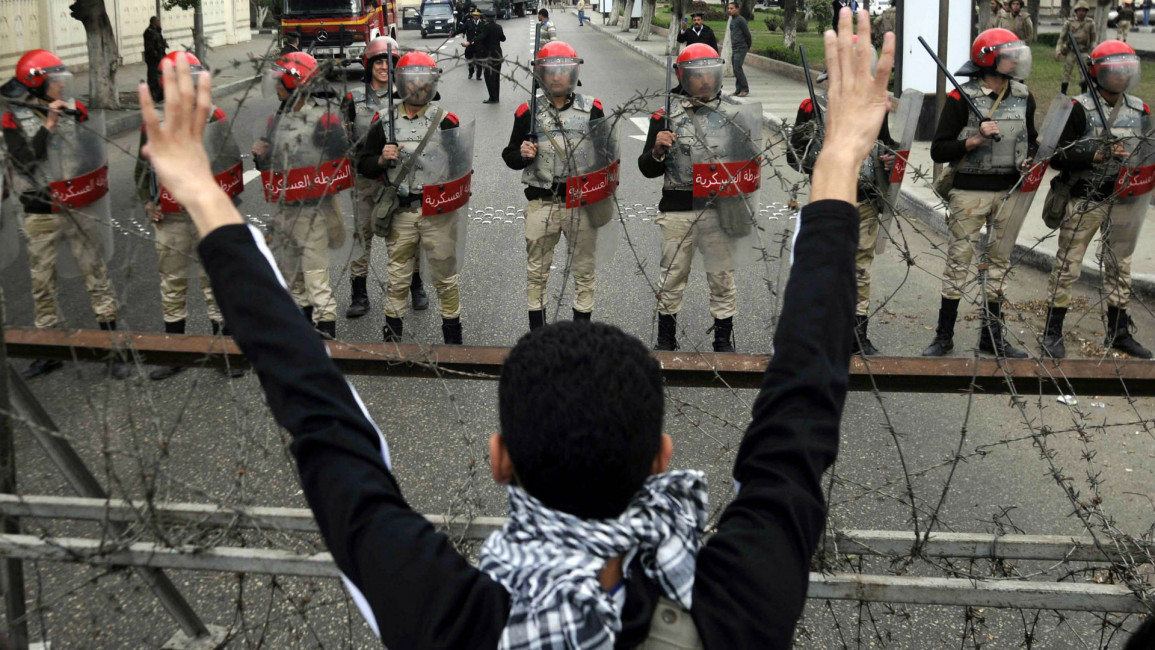
The Arab Spring shouldn't become a scapegoat
The emir of Kuwait, Sabah al-Jaber al-Sabah, said in his recent speech at the Arab summit: "The Arab Spring has involved us in complicated deliberations".
Anyone who takes a quick look at the current Arab situation will notice that the region has actually entered into a prolonged period of instability. Many Arab countries have faced severe domestic crises, the most recent of which is currently unfolding in Yemen.
The question is: Is the Arab Spring responsible for all the destruction that has befallen key parts of the region?
Before the Arab Spring, which provoked panic amongs many, there was much talk of the crisis besetting the Old Arab Order.
If we refer back to what was being said, we will find insistent statements saying that the order had lost its purpose and outlived its usefulness, and that hence, many challenges and wars had arisen.
Everything pointed to the regional structure collapsing, and the old order fought for its survival.
Then came the promised moment. Tunisia's Ben Ali neither understood what was occurring in Sidi Bouzeid, nor why the protests had spread to the other cities.
The same thing happened in in Egypt and Libya. Neither Mubarak nor Gaddafi understood the future could not be turned back, and that history could not be stopped - although Ali Abdullah Saleh and Bashar al-Assad sought to do just this in Yemen and Syria.
Current events are the result of the bankrupt old order, rather than the fruit of the incomplete Arab Spring.
| What is certain today is that the Arab World is no longer able to preserve its previous political and social mechanisms. |
The latter was not allowed to bear fruit and fulfil its promises. When despots do not think of the next phase, they have nothing to give what comes after - their legacy is poison for the future.
Saleh's legacy is bitter. He destroyed everything beautiful in Yemen, meaning any revolution had the impossible task of starting from nothng. Each side wanted to control Yemen and establish its supposed state within it.
Al-Qaeda had designs, and still does, to fragment Yemen by force. The Houthis, backed by Saleh, thought that they had an opportunity to control the Yemeni people. Iran thought that the atmosphere was opportune to gain a foothold. All things seemed possible.
What is certain today is that the Arab World is no longer able to preserve its previous political and social mechanisms. The historical cycle has turned, and it is no longer possible to stop the clock and turn it backwards.
However, it is also clear that making the future will be painful and costly, and that it will be the outcome of conflicts that vary in violence between one country and another.
Opinions expressed in this article remain those of the author and do not necessarily reflect the opinions of al-Araby al-Jadeed, its editorial board or staff.
This is an edited translation from our Arabic website.




